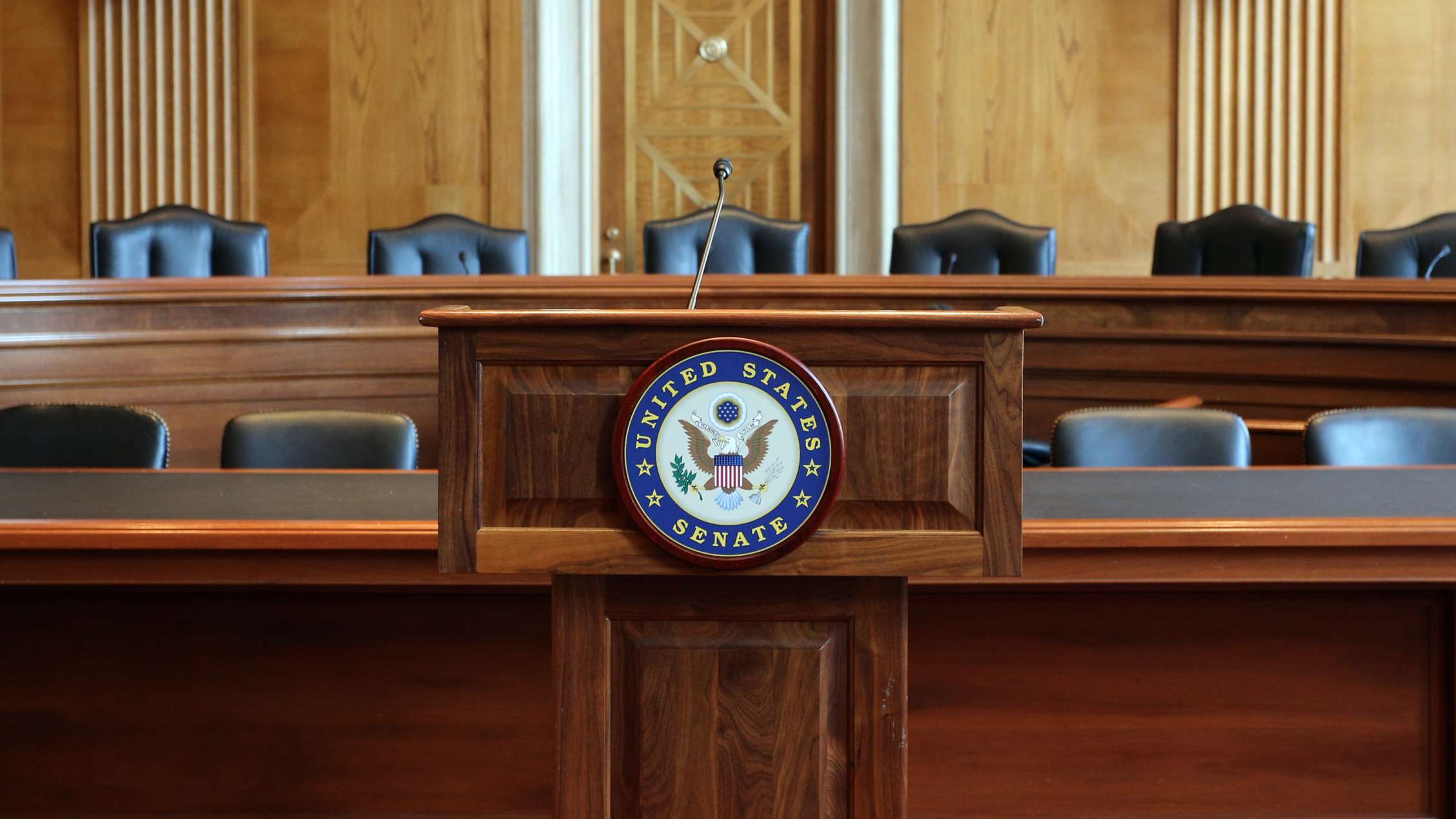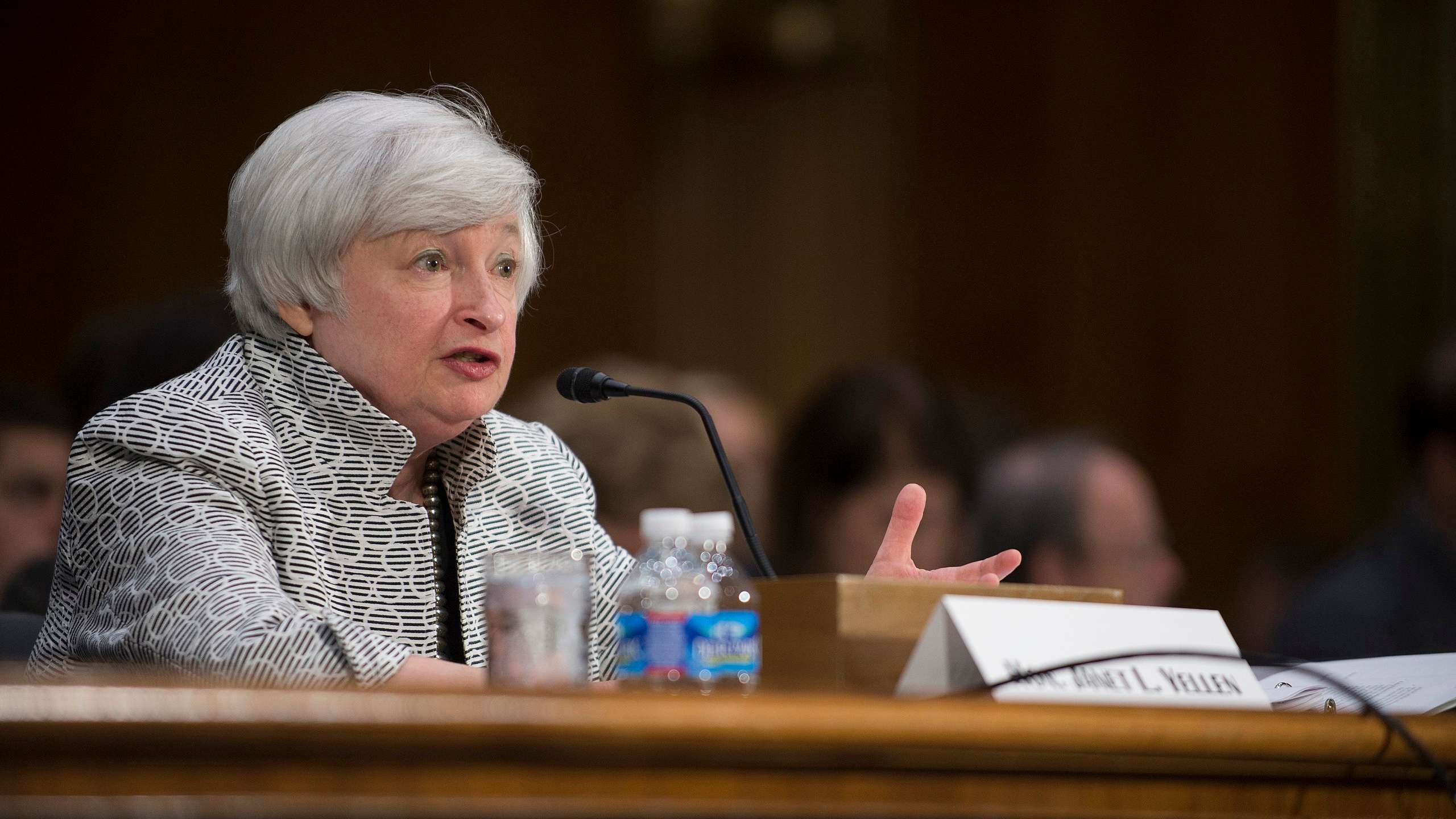
The U.S. Department of Commerce roughly doubled the countervailing duty (CVD) rates against Mexican sugar exporters in a final determination on Thursday (Sept. 17), in what respondent lawyers saw as a veiled warning to Mexico not to do anything that would give the department cause to terminate existing suspension agreements. The antidumping (AD) rates on Mexican sugar remained roughly the same.
[Reposted from Inside US Trade | September 17, 2015]
While there is no immediate effect on Mexican exporters as a result of the change, the increased CVD rates effectively give Commerce a bigger “stick” to wield should it later find that Mexican exporters are violating the agreement, these lawyers said. Violations could occur by shipping sugar at a rate below the agreed floor prices in the AD suspension agreement or exceeding the volume limit under the CVD suspension deal.
The U.S. Department of Agriculture is currently conducting a thorough review of sugar import data and will determine by the end of the calendar year whether to impose new reporting requirements, amid questions raised by U.S. industry sources about whether some Mexican exporters are selling below the proper floor price.
Commerce has the power to terminate the suspension agreements at any time, as does Mexico, something that would allow the now-suspended trade remedy duties to go into effect.
Click here to see the remainder of the article on the Inside US Trade site.













